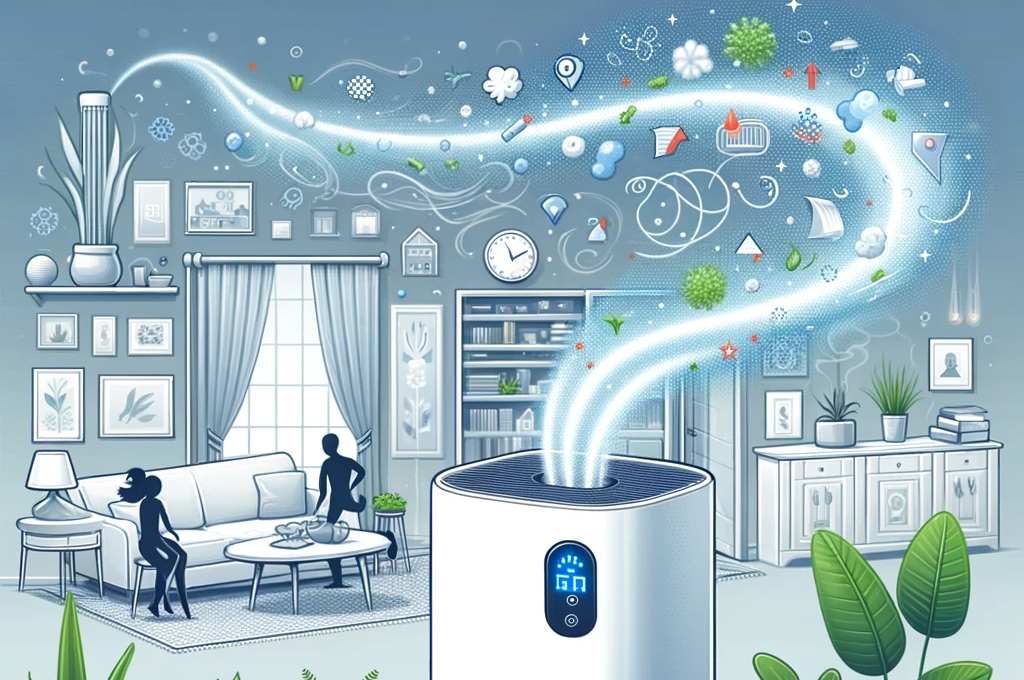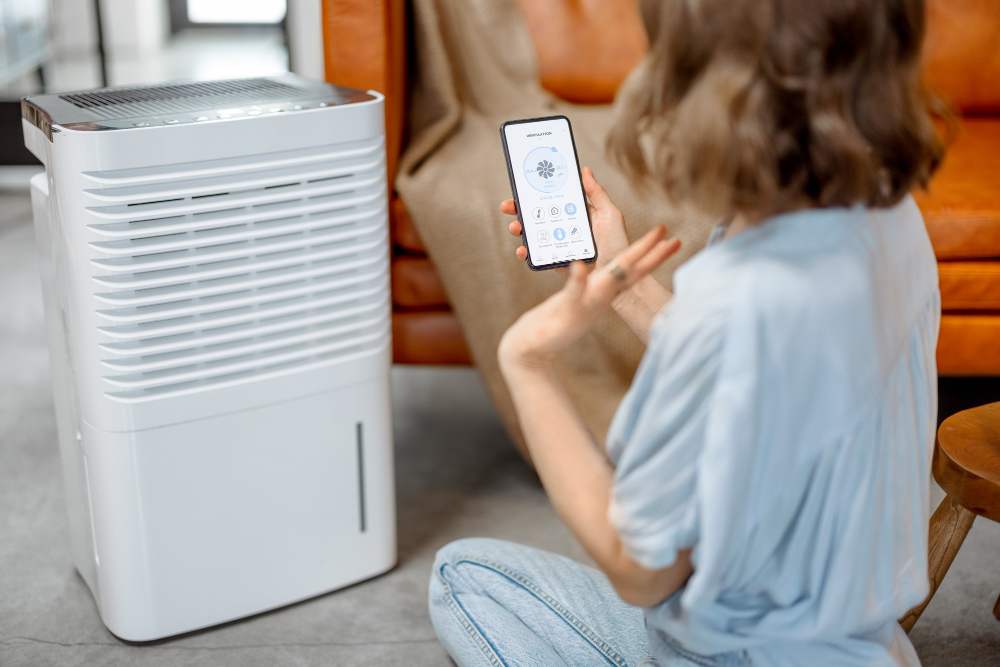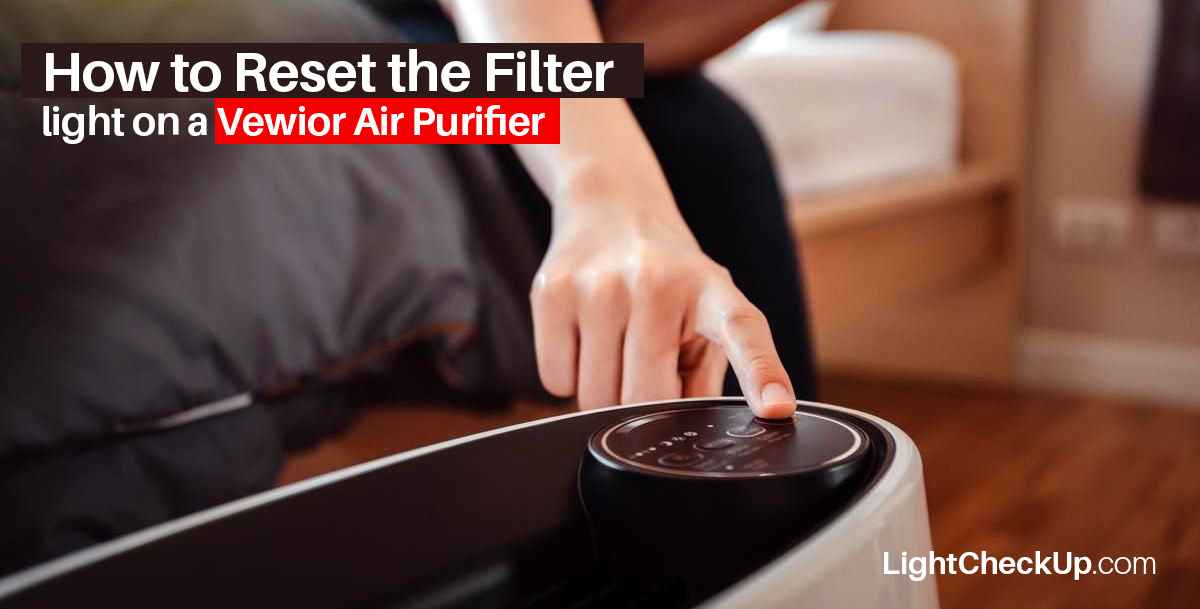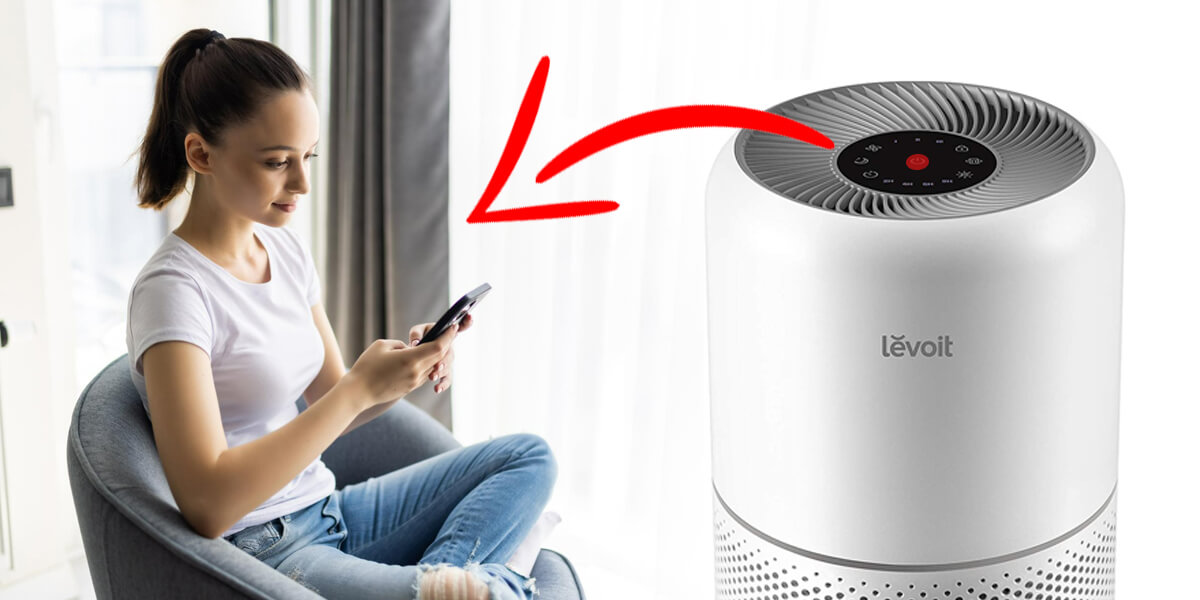Are air purifiers a waste of money? People often wonder if an air purifier is worth it for their homes. However, air purifiers can have some drawbacks as well.
Air purifiers have grown in popularity as concerns about pollution have grown. The devices are supposed to get rid of pollutants in the air, so you can breathe easier and healthier. But are air purifiers worth the money they cost?
In this blog post, we’ll discuss air purifiers’ potential harmful effects on health. We will examine some of the best air purifiers on the market to see if they work.
We will also provide you with all the information you need to decide whether you should choose a Dyson or a Levoit air purifier. Find out if air purifiers are worth the money, especially if you suffer from allergies.
What is air pollution?
Before we discuss whether air purifiers are a waste of money or not, let’s take a closer look at air pollution. It is the introduction of harmful particles, chemicals, or gases into the atmosphere. That can harm human health or the environment.
What is the role of air purifiers?
Air purifiers remove pollutants from the air using various technologies. There are several common methods, including:

High-Efficiency Particulate Air Filters: Remove pollen, dust, and pet dander from
Air filters with carbon: These filters absorb gases and odors, including volatile organic compounds (VOCs), tobacco smoke, and pet odors.
An Ozone Generator: It breaks down ozone, a harmful gas, into harmless oxygen. It is however controversial to use ozone generators because they may pose health risks.
Ultraviolet Light (UV): UV light kills bacteria and viruses. This cuts down on airborne diseases.
UV Catalyst Filters: These filters convert pollutants into harmless substances to use UV light.
Benefits of Air Purifiers
Air purifiers have many benefits. Therefore, they are a worthwhile investment. Air purifiers have these key advantages:
Reduced allergy and asthma symptoms:
You can use an air purifier to get rid of pollen, pet dander, dust mites, and mold spores. Air purifiers with HEPA filters can capture 99.97% of particles as small as 0.3 microns. You’ll have fewer allergies and asthma attacks when you’re less exposed to allergens.
Improved respiratory health:
Air purifiers can also improve your general respiratory health because they remove pollutants, such as particulate matter (PM), volatile organic compounds (VOC), and secondhand smoke.

They can also cause respiratory conditions such as coughing, wheezing, and shortness of breath, as well as irritation of the lungs and airways. Air purifiers increase lung health and ease breathing because they remove air pollution.
Reduced airborne infection risk:
Air purifiers with filters capture viruses and bacteria. This can reduce your risk of airborne infections, such as the flu or the common cold. Air purifiers cannot prevent infections, but they can improve indoor air quality. This will reduce germ spread.
Improved sleep quality:
Poor air quality can disrupt sleep and result in insomnia. This machine gets rid of allergens, pollutants, and odors so you can sleep better.
Reduced odors:
A home air purifier can also eliminate unpleasant odors like cooking odors, pet dander, and smoke. A person who is sensitive to strong smells or who owns a pet may find this helpful.
Can help with headaches:
The cause of headaches can be attributed to many factors, including poor air quality. A good air purifier will get rid of pollutants and allergens that can cause headaches.
Can improve cognitive function:
The use of air purifiers can enhance cognitive functions, like memory and concentration. There’s probably a reason for this: air purifiers remove pollution from the air that impairs cognitive function.

Air purifiers can offer benefits for your health and well-being. Don’t buy an air purifier without doing some research.
Here are a few things to consider
Air purifiers are not a waste of money if you consider the following factors:

1. Check the air pollution levels in your area. Air purifiers are most useful for those living in heavily polluted cities.
2. Living Space Size: The size of the living space and the number of people can affect the air purifier’s effectiveness. Those with larger spaces may need more powerful units.
3. Allow enough airflow to circulate the air purifier. It will perform better as a result.
4. Replace the air filters on your air purifier regularly to ensure it performs at its best.
5. Use eco-friendly cleaning products rather than harsh chemicals. You might want to consider outside air filtering measures.
FAQ: Are Air Purifiers a Waste of Money?
Do air purifiers help?
Yes, air purifiers can be effective in improving air quality through a reduction of allergens and pollutants. Air quality in your area, the size of your living space, and proper maintenance and filter replacement may affect their effectiveness. These factors should be considered before choosing an air purifier.
Are air purifiers worth it?
A purifier’s value depends on several factors, including air quality, the size of your home, and maintenance. These factors can help you decide whether you should buy an air purifier.
Are air purifiers a downside?
No, air purifiers are not a downside. They can improve air quality and reduce allergens and pollutants. A good air purifier should take into account air pollution in your area, your living space, and proper maintenance and filter replacement.
Are air purifiers nonsense?
No, air purifiers are not nonsense. Their effectiveness may vary depending on air pollution levels and proper maintenance. But they can reduce allergens and pollutants and improve air quality.
What to avoid when buying an air purifier?
You should avoid air purifiers that have low CADR (Clean Air Delivery Rate) ratings because they may not effectively filter the air. Additionally, you should avoid air purifiers that produce excessive ozone. Finally, avoid purchasing air purifiers with insufficient coverage areas.
Is it OK to sleep in a room with an air purifier?
Yes, it is generally safe and beneficial to sleep in a room with an air purifier. The use of an air purifier can improve the air quality in your bedroom by reducing allergens and pollutants. It is very important to maintain the air purifier properly and to set the sound level to your comfort level.
Read More: Levoit Air Purifier Troubles? How To Reset Levoit Air Purifier
In conclusion, air purifiers are not a magic bullet that eliminates air pollution. However, they can reduce allergens, improve air quality, and reduce waste.
The decision should be based on factors such as air quality, room size, and health concerns. Consider these factors before investing in air purifiers.








